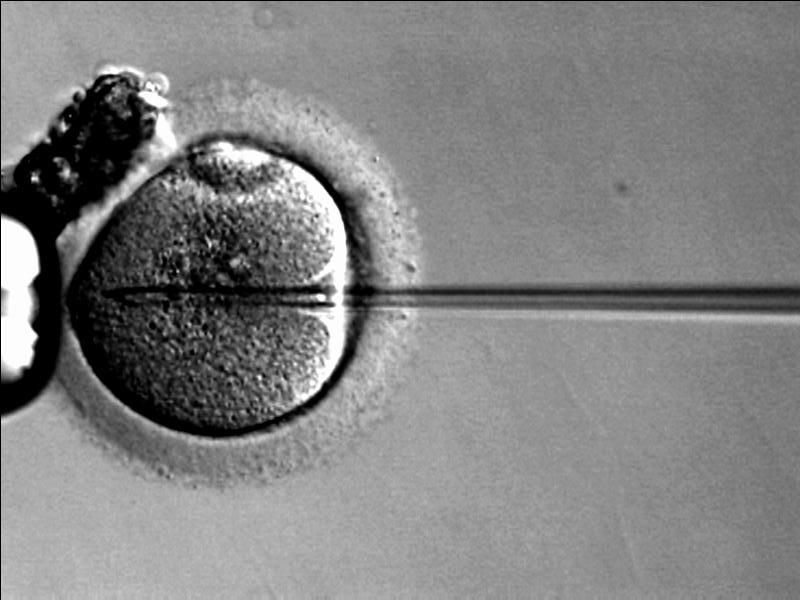Ward: Employment benefits shouldn’t include egg freezing
Both Facebook and Apple will be offering funds to female employees to freeze their eggs to postpone pregnancy and starting a family.
October 23, 2014
Women in the workforce has long been a controversial topic that has sparked many a debate and caused several laws and amendments to be passed in attempts to level the playing field. It has taken decades of women fighting tooth and nail to be treated equally to men in the workplace, and it has only been a few decades since it has even been socially acceptable. Even today men are still paid slightly higher simply because they are men. According to the American Association of University Women, women are paid only 77 percent of what men in the same position are paid.
The reason for all this gender friction is very much up for debate, but one concrete fact is that women in the workplace have always had it rough. In the beginning it was the fight to even be allowed to work, and now it is a fight to juggle a home life and a work life. Well, two Silicon Valley conglomerates are taking care of that.
Both Facebook and Apple will be offering funds to female employees to freeze their eggs to postpone pregnancy and starting a family. Facebook recently began this practice and Apple will be initiating it on Jan. 1, 2015.
On the surface this new benefit seems like an okay idea. Giving women more control over their career and offering help with expenses, especially since without this new benefit, it would cost around $10,000 per round of egg freezing, as reported by www.eggsurance.com, and on average it takes two rounds to gather enough eggs for a viable freeze. However, underneath, there is another message that could end up hurting a woman’s career.
The technology industry is dominated by men and always has been. Google, for example, released statistics in May of this year showing that of their nearly 50,000 employees worldwide, only 30 percent of them are women. Needless to say, it takes a lot of work for a woman to exert any kind of authority over men when it comes to this particular industry. They have to be fully committed to the company in order to move up to corporate ladder.
But what happens when they want to have a family? As soon as a woman decides she wants to have a family, it comes off that her level of commitment to the company has gone down, thus reducing her potential for advancement. Could that be the underlying message of companies offering egg freezing?
In the business world the formative years are in your late twenties and early thirties, but this is also the usual time people begin settling down and starting families. Due to this timing conflict, women have typically had to make the choice between a family and a career, and I suppose the goal with this new benefit is to eliminate that hard choice. However, it is also almost a nonverbal commitment to the company, and if you don’t nonverbally commit you could be telling the company you aren’t serious about your job, and in the end hurt your chances of ever being promoted or taking on more responsibilities.
Aside from the obvious negatives in terms of a woman’s career, there are rather large physical and emotional risks as well. Freezing a woman’s eggs to extend the length of time a woman is fertile is still in its early years and does not guarantee a pregnancy beyond the prime fertile years. It has only been two years since the American Society for Reproductive Medicine lifted the label of “experimental” from this practice. The ASRM even tells women that they should not rely solely on egg freezing as a way of conceiving.
All of this being said, it is a very real and unfortunate possibility that by accepting this new health care opportunity, a woman could potentially never conceive a child. This is especially true if a woman freezes her eggs too late or tries to conceive at a more advanced age.
By companies now offering this new “benefit” they are blurring the lines between business and private lives. Essentially, it is giving your boss control over when you and your spouse begin a family and that is most certainly not in their job description.







